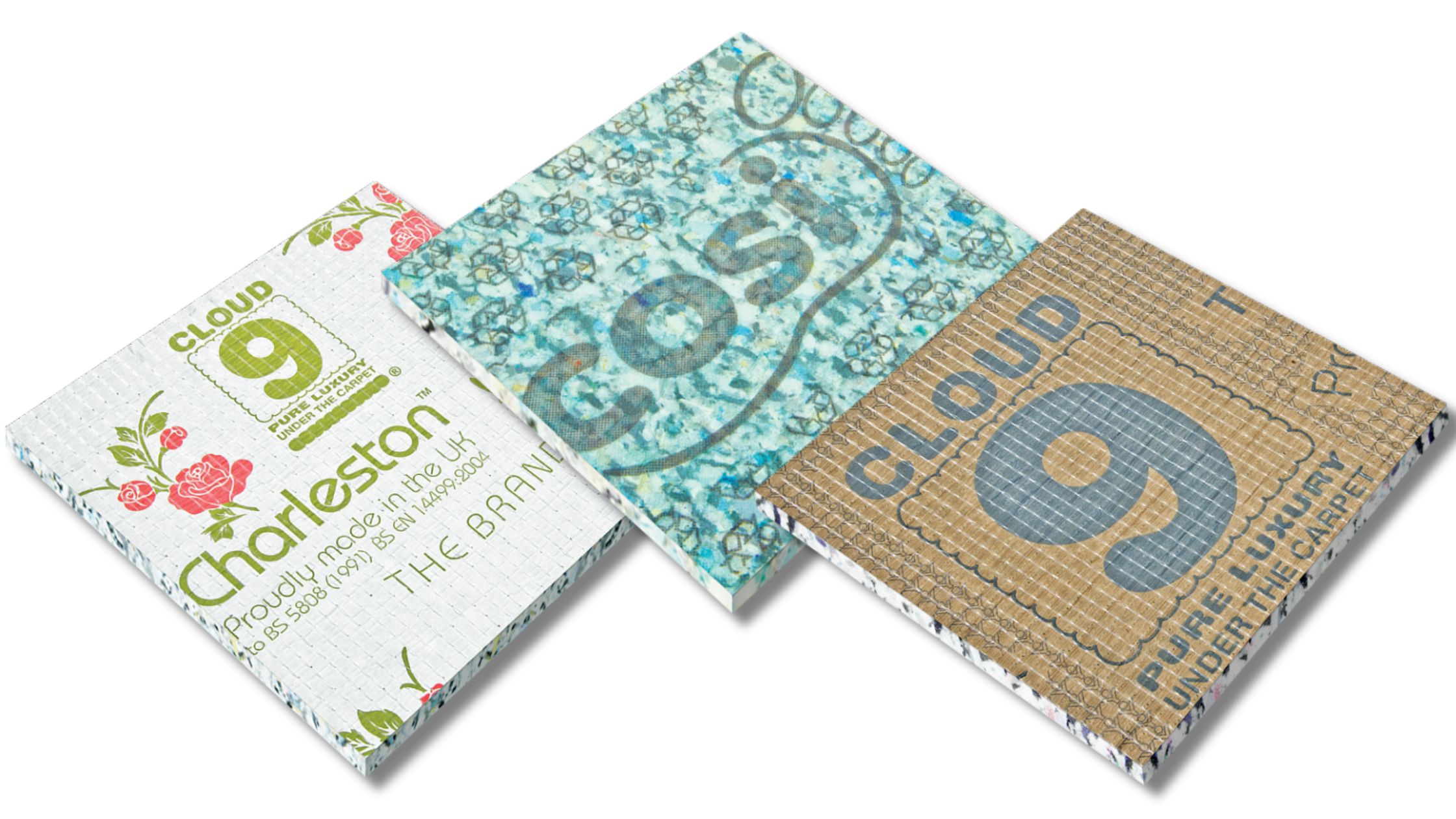








When it comes to flooring, underlay plays a vital but often overlooked role in the overall performance and comfort of your floors. Whether you're laying down carpet, laminate, or vinyl, the right underlay can significantly impact not just how your flooring looks and feels, but also its durability and lifespan.
Different flooring types have unique requirements, and the room in which the flooring is installed adds another layer of consideration (pardon the pun!). For example, a bedroom may benefit from a plush, sound-absorbing underlay under carpet, while a kitchen with laminate flooring needs a moisture-resistant barrier. Choosing the right underlay involves understanding how these factors—flooring type and room use—interact to create the best environment for your home.
In this guide, we’ll break down the key factors to consider for each type of flooring—carpet, laminate, and vinyl—and how these considerations should inform your choice of underlay based on the room it will be used in. By making an informed decision, you can enhance your floor’s performance, comfort, and lifespan, ensuring you get the most out of your investment. How to Choose the Right Underlay for Your Flooring Type and Room
Comfort and Insulation: Carpet is typically installed in areas where comfort is key, such as living rooms and bedrooms. A thicker, cushioned underlay significantly enhances the softness underfoot, making these spaces more inviting. Additionally, a dense underlay provides excellent sound insulation, reducing noise transmission between floors and rooms.
Lifespan: A high-quality underlay also helps to protect the carpet, absorbing the impact of foot traffic and extending the life of your flooring by preventing premature wear.
Moisture Management: Laminate flooring is a popular choice for areas like kitchens and hallways due to its durability and ease of maintenance. However, laminate is susceptible to moisture, which can cause it to warp. A thinner underlay with a built-in moisture barrier is essential to protect the flooring from dampness, spills, and humidity, ensuring it remains flat and secure.
Sound Reduction: While laminate doesn’t offer the natural sound absorption of carpet, an underlay with sound-dampening properties can help reduce the echo that laminate floors often produce.
Smoothness and Stability: Vinyl flooring is often used in high-traffic areas like kitchens and bathrooms due to its water resistance and durability. However, vinyl requires a very smooth and stable underlay to prevent imperfections in the subfloor from showing through. A dense, smooth underlay provides the necessary foundation, ensuring the vinyl lays flat and remains visually appealing over time.
Enhanced Durability: The right underlay for vinyl not only prevents subfloor imperfections from affecting the appearance but also adds a layer of protection, improving the floor’s overall durability.
By carefully selecting the appropriate underlay based on your flooring type and room usage, you can significantly enhance both the performance and lifespan of your floors. Visit any of our stores to explore underlay options that match your specific needs.
We have a wide range of samples in our showrooms, so call in and let one of our friendly team show you your options or go to our Visit Us page to find a store near you. Come and chat with one of our friendly and experienced team members; we look forward to seeing you!
We are a family-run business with over 50 years of experience, and we love what we do. Our team of over 250 staff members throughout the Midlands offers excellent service and support. We are here to help!


© Poplar Carpets 2021 | VAT No. 301990420 | Privacy Policy | Business Links